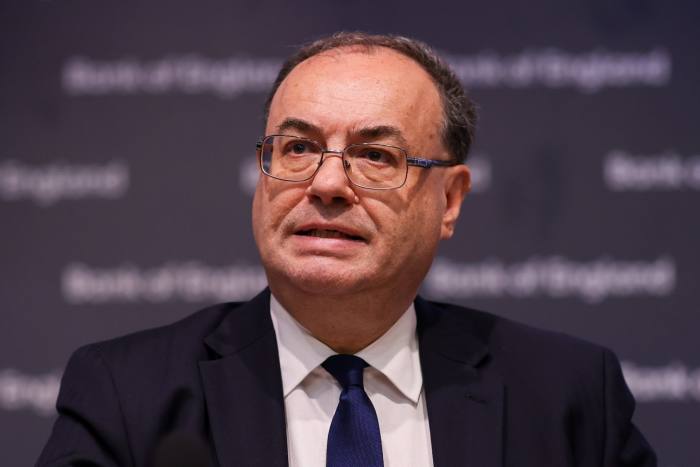
Sterling had a turbulent night after there was confusion over the length of the Bank of England’s gilt-buying programme.
Last night (October 11), the pound plunged below $1.10 after the governor of the UK’s central bank said its recent £65bn bond-buying intervention would stop on Friday.
Speaking at an event in Washington, Andrew Bailey said: “My message [to pension funds] is you’ve got three days left.”
There is concern that Friday’s withdrawal of central bank assistance will see a “cliff edge” for UK government bonds, after a string of events in recent weeks drove up yields.
Then, earlier this morning, the Financial Times reported that the bank has signalled privately to bankers that it could extend the emergency bond-buying past the deadline on Friday.
Sterling bounced on the news.
The FT said officials are watching to see whether liability-driven investment managers will be able to shore up enough cash reserves to ensure their pension funds clients can meet margin calls in the next few days.
Yield moves
The initial cause of bond prices dropping was the raft of tax cuts announced by chancellor Kwasi Kwarteng in his “mini” Budget last month, which was announced without an economic forecast from the Office for Budget Responsibility.
The high yields triggered margin calls for certain pension funds which used liability-driven investments, a form of derivative used to hedge against rising inflation and interest rates.
These funds were forced to sell liquid assets to meet these calls, some of which were gilts, which drove yields up further.
The BoE eventually intervened, pausing its own gilt-selling programme and initiating a gilt-purchasing programme, which was expanded yesterday to include index-linked gilts.
The expansion was in reaction to market moves yesterday, which saw UK 10-year inflation-linked gilt yields rise 64 basis points, to 1.24 per cent, an unusually big move.
The BoE said this dysfunction and “significant repricing” has forced it to act to ensure a backstop and “restore orderly market conditions” by temporarily absorbing the selling of index-linked gilts in excess of the capacity of market intermediaries.
sally.hickey@ft.com





